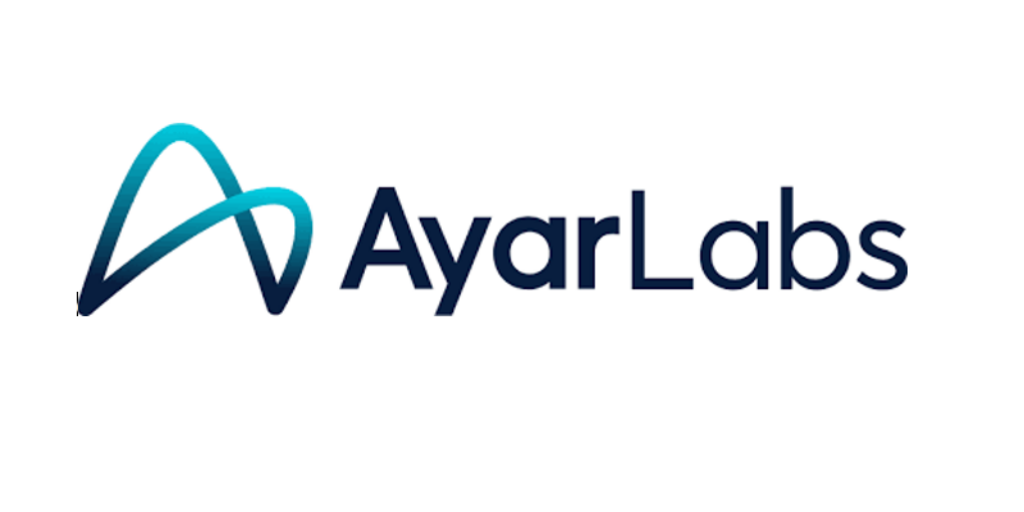DDN, the AI and data management software and hardware specialist, today announced its SFA18K Series has been adopted as the second-tier storage system for the supercomputer Fugaku, named today the world’s most powerful supercomputing by Top500. Fugaku is in joint development with RIKEN Center for Computational Science and Fujitsu Limited, aiming to start operation in 2021.
The SFA18K Series is DDN‘s latest platform featuring high throughput, high density and low power consumption. Fugaku’s second-tier storage system requires a total effective capacity of at least 150 PB, with a minimum effective throughput of 1.5 TB/s. Joint testing between DDN Japan and Fujitsu confirmed that a configuration of five SFA18KE and twenty-five SFA18KXE devices, mounted with Fujitsu’s FEFS file system, met these requirements for successful adoption.
In Fugaku’s second-tier storage, the SFA18KE and SFA18KXE will be used as compute nodes for OSS (object storage servers), which serve as a gateway to data storage units. The “E” in SFA18KE and SFA18KXE stands for “embedded,” with OSS implemented on a virtual machine (VM) on the storage controller; hard drives in expansion disk enclosures are utilized as OSTs (object storage targets), used for data storage.
Main features of the SFA18K Series include:
- Highly optimized internal PCI-express fabric and a 12Gb back-end SAS fabric ensure high-speed, low-latency data access
- Industry-leading density enables use of an unmatched number of flash devices (NVMe/SAS) and HDDs in minimal physical space, making it ideal for HPC environments requiring extended capacity
- Scalable, declustered RAID enables quick rebuild times of new high-capacity drives, higher data availability and data protection, as well as the striping of data across a much larger set of physical disks than was previously possible with traditional RAID, greatly improving the parallelism of drive rebuilds
- Highly-aggregated hardware significantly reduces cost and complexity, and with fewer ports, cables, and network devices, administrative costs can be reduced by as much as 70 percent
“The storage of the supercomputer Fugaku isn’t simply about capacity; it faces requirements related to extremely advanced performance, costs and usage methods for a variety of I/O. This is brought about from many ultra-large-scale and highly-demanding applications that run on Fugaku to support Society 5.0. With the 16 petabytes of flash memory built into Fugaku’s nodes, DDN’s SFA18KE hardware with Fujitsu’s FEFS file system will integrate to provide control. And, with DDN’s suite of I/O and management software, computing performance could reach Fugaku’s own world-class level and will likely set a new standard not only for supercomputers, but also for cloud infrastructures driving advanced AI going forward,” said Satoshi Matsuoka, director, RIKEN Center for Computational Science (R-CCS).
“Alongside RIKEN, Fujitsu has pursued storage to meet Fugaku’s goals of high performance and versatility. Fugaku’s storage consists of highly-reliable, high-capacity second-tier storage (FEFS) and high-performance first-tier storage (LLIO). For this second-tier storage, we concluded that DDN’s SFA18K series would be optimal given its capacity, performance and reliability, as well as the ease of installation, low administrative costs and their long track record in supercomputer applications. By linking these devices to our FEFS filesystem, we will be able to support Fugaku’s stable operation, contributing to the realization of a sustainable society through innovation, which is the purpose of our company,” said Naoki Shinjo, corporate executive officer, Head of Platform Development Unit, Fujitsu Limited.
source: DDN



